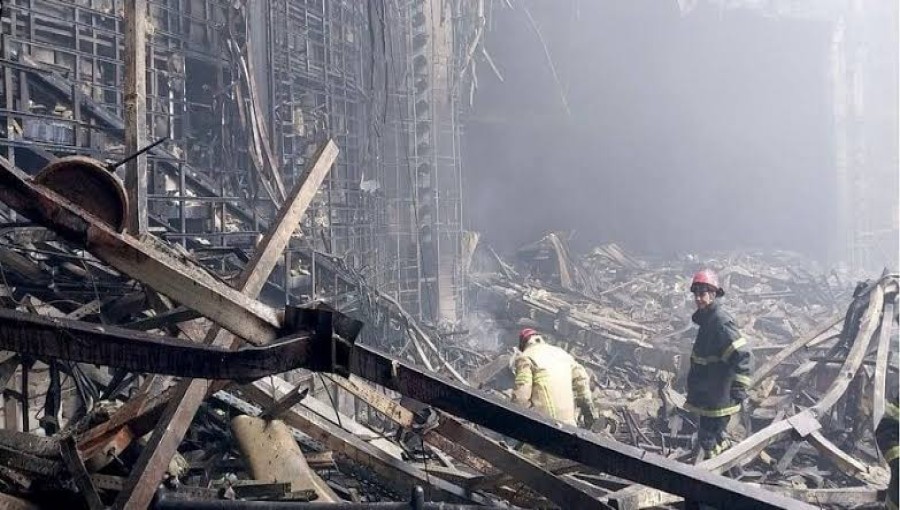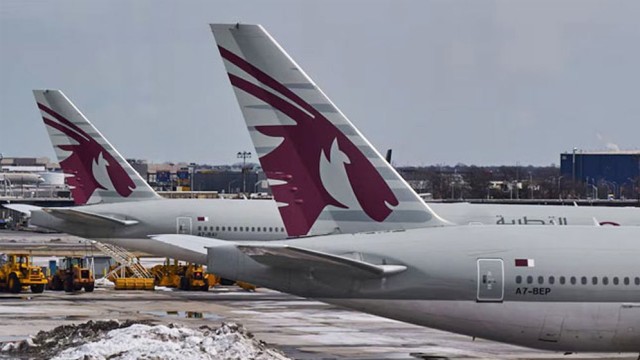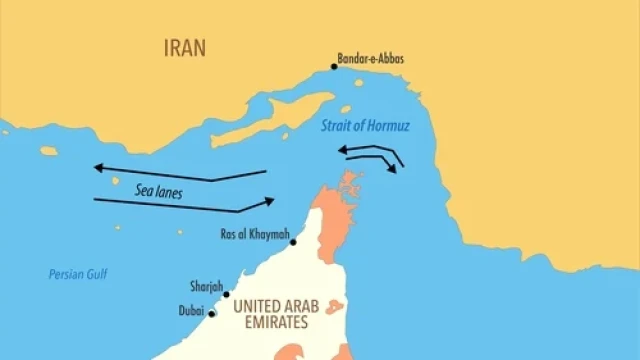The aftermath of the terror attack at Crocus City Hall near Moscow, Russia, continues to grip the nation as mourning and questions persist following the devastating incident. With the death toll rising to 143 and many more fighting for their lives in hospitals, the country is left reeling from the brutal massacre that took place during a music concert.
The Islamic State-Khorasan branch claimed responsibility for the attack, releasing photos and videos of the four attackers shortly after the incident. However, Russia has not officially commented on the IS claim or the identities of the perpetrators.
Amidst the chaos, Russia's Federal Security Service (FSB) alleged that Ukraine had connections to the attackers, claiming that 11 individuals have been arrested in connection with the attack, with four directly involved. Ukrainian authorities vehemently denied any involvement.
Russian President Vladimir Putin condemned the attack as a 'barbaric terrorist act' and vowed strict action against those responsible. He revealed that the four terrorists were apprehended while attempting to flee to Ukraine and accused some in Ukraine of facilitating their escape.
Details emerged suggesting that the attackers, citizens of Tajikistan, were recruited and trained by a liaison named Salmon Khorosoni, believed to have ties to both the Islamic State in Khorasan and the CIA. The attackers were reportedly paid for their involvement, with training taking place in Turkey.
Russian intelligence agencies, in a joint operation with the Chechen Azmat Regiment, successfully arrested the attackers as they attempted to cross the Russia-Ukraine border. However, questions linger about how the attackers managed to escape the scene of the attack without being apprehended immediately.
Meanwhile, the United States claimed that the IS-Khorasan branch was behind the attack and warned Russia earlier this month, although Russia allegedly disregarded the warning. The US also asserted that Ukraine was not involved, leading to further speculation and diplomatic tensions.
As investigations continue, Russian officials and lawmakers are examining potential motives and connections, with suspicions raised about Ukraine's interests. However, Ukrainian authorities maintain their innocence, citing the ongoing conflict with Russia.
The aftermath of the Crocus City Hall attack underscores the complex geopolitical dynamics at play, leaving both Russia and the international community grappling with the implications and repercussions of the deadly incident.































Comment: